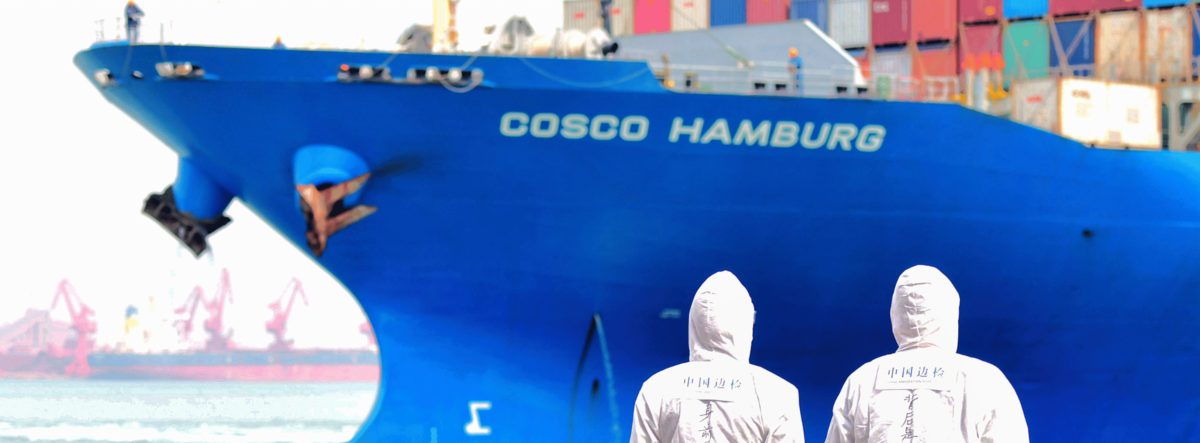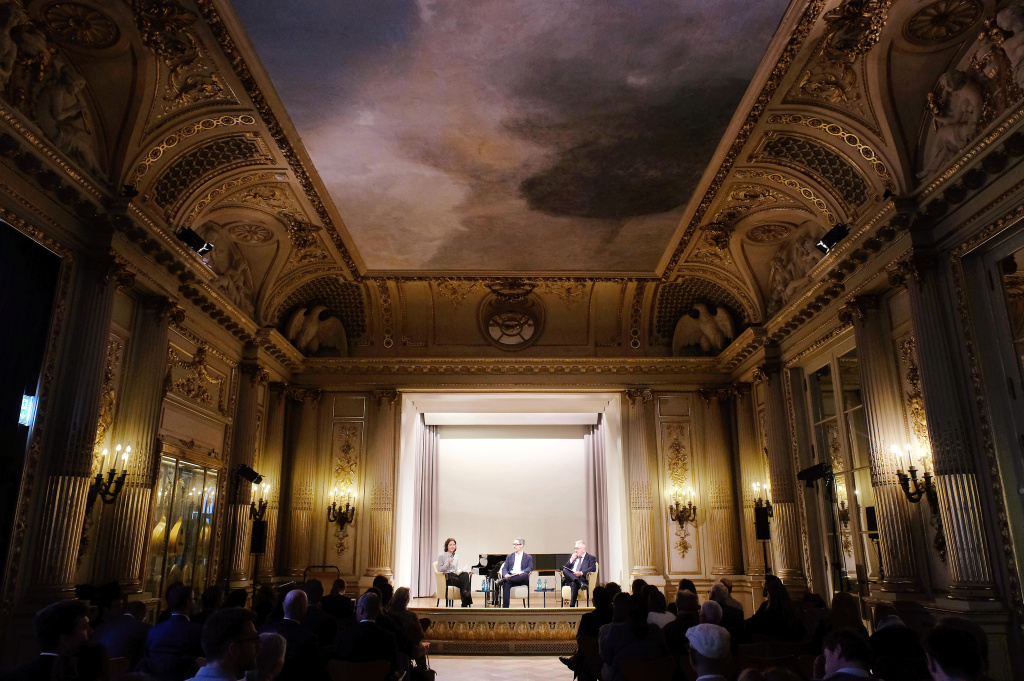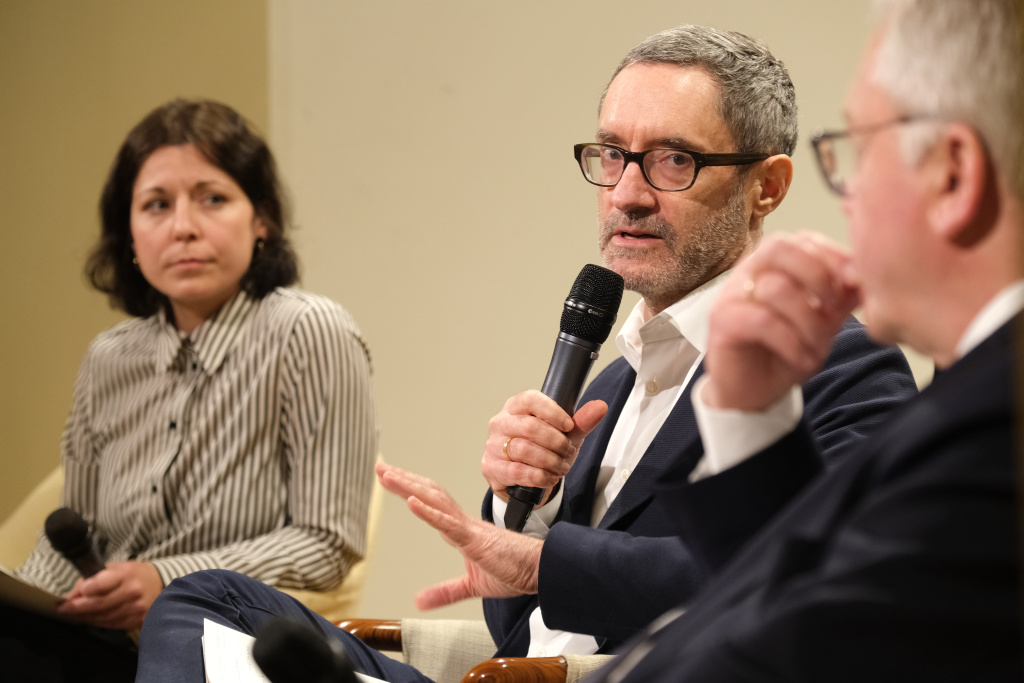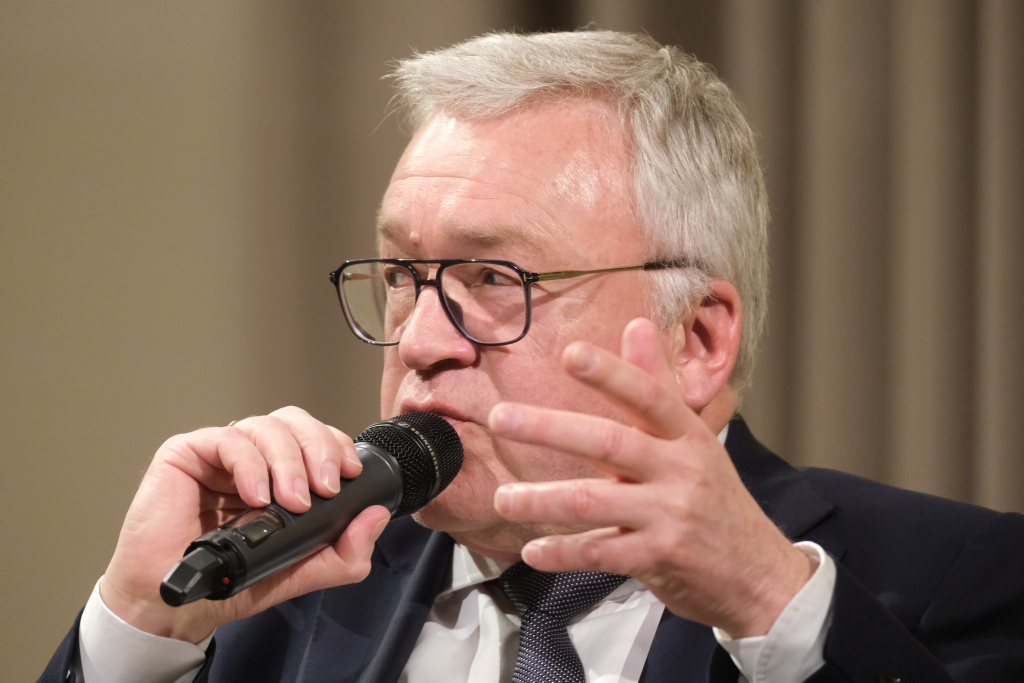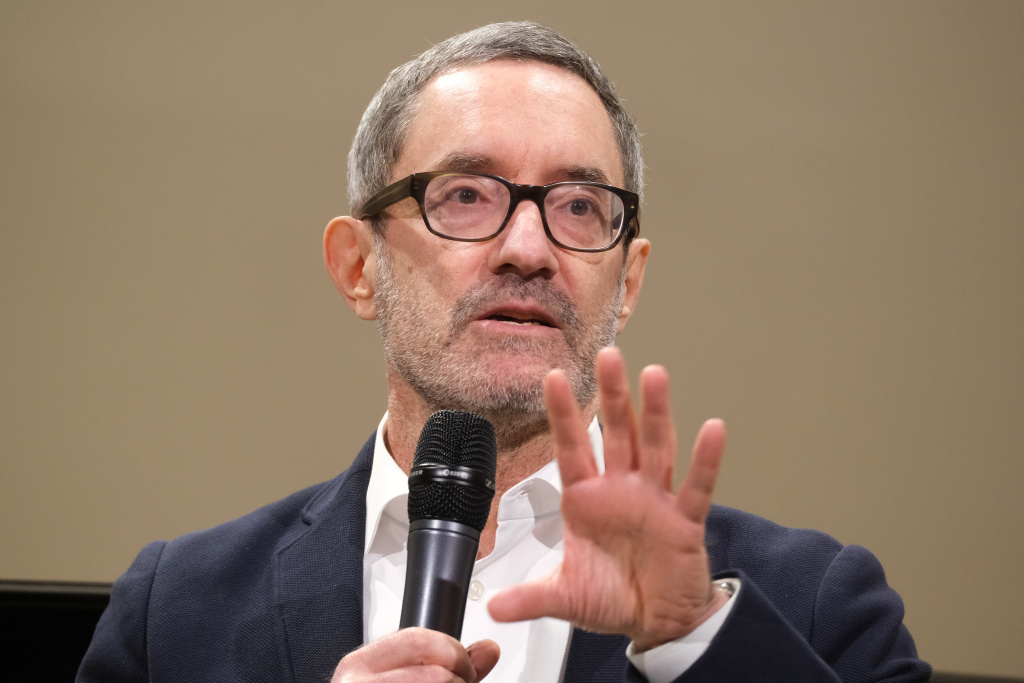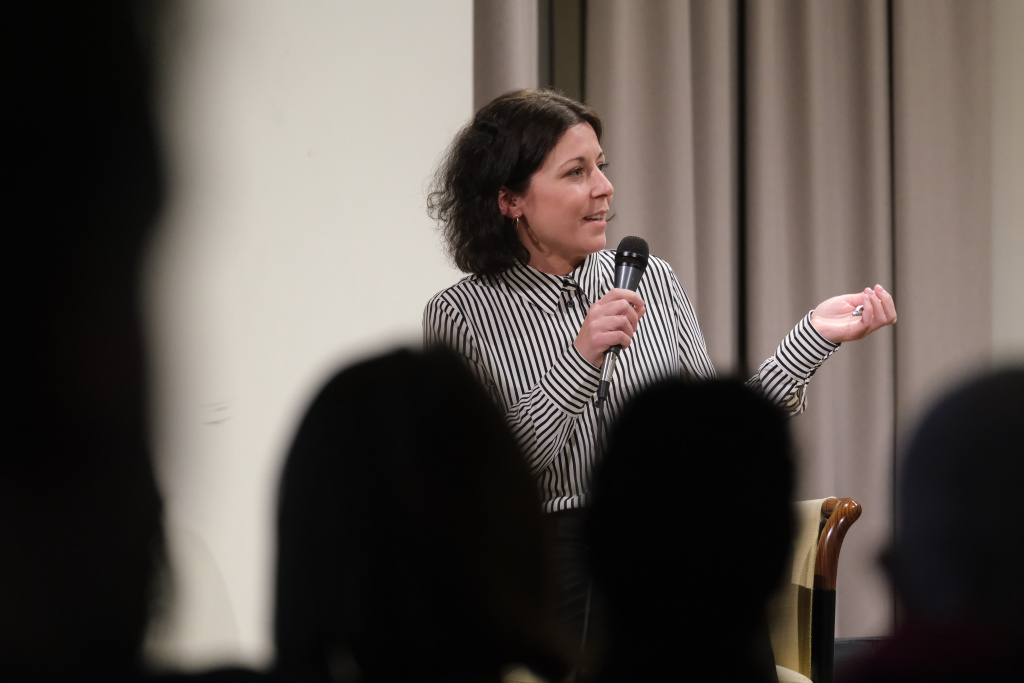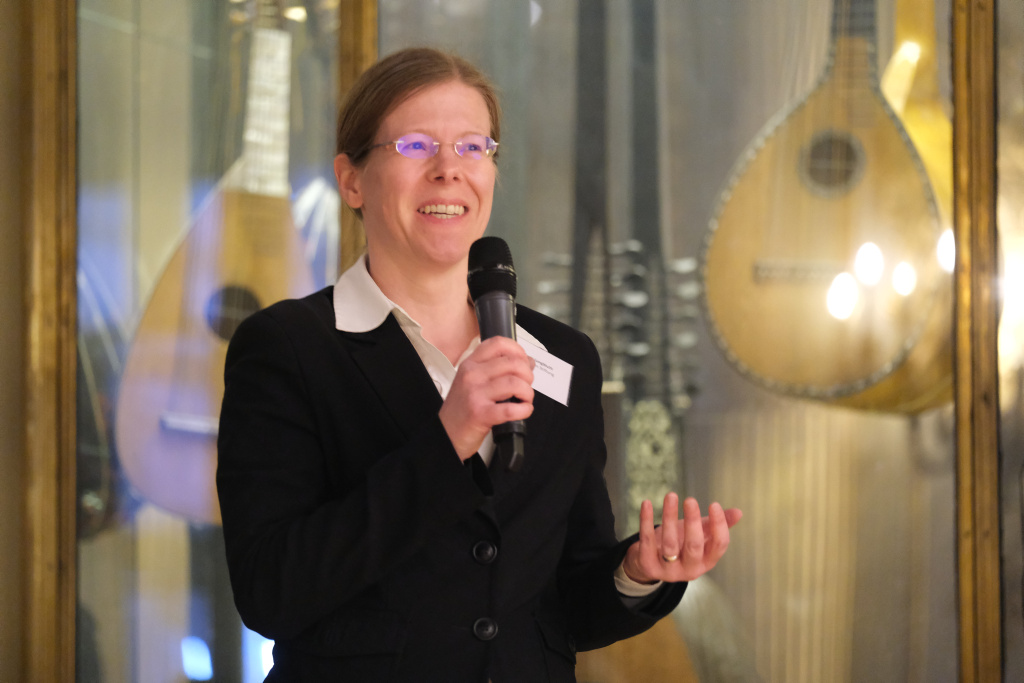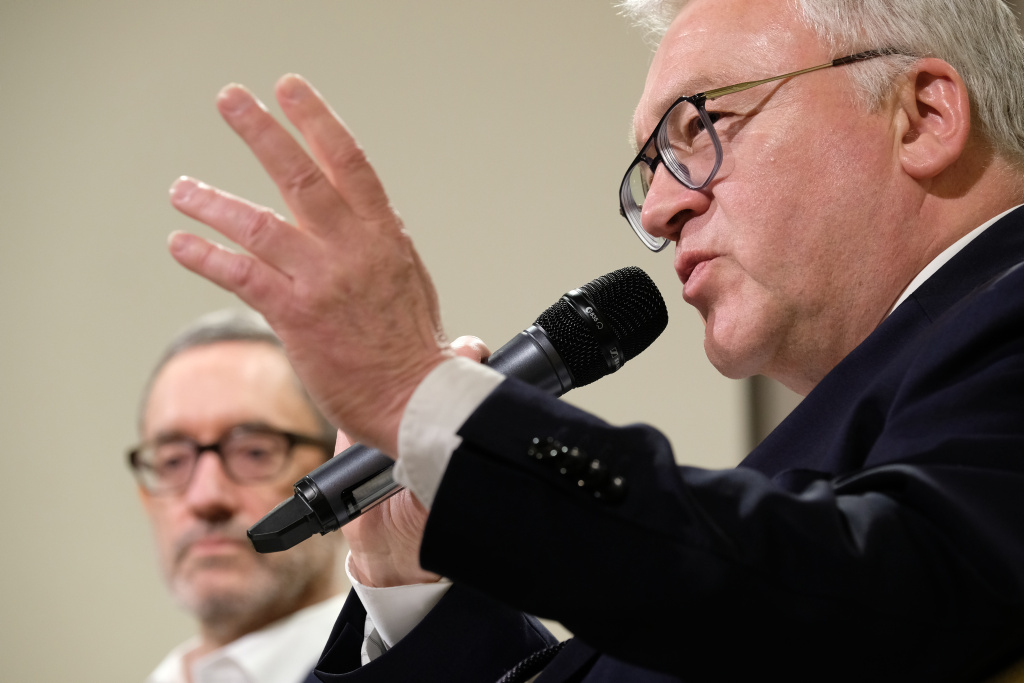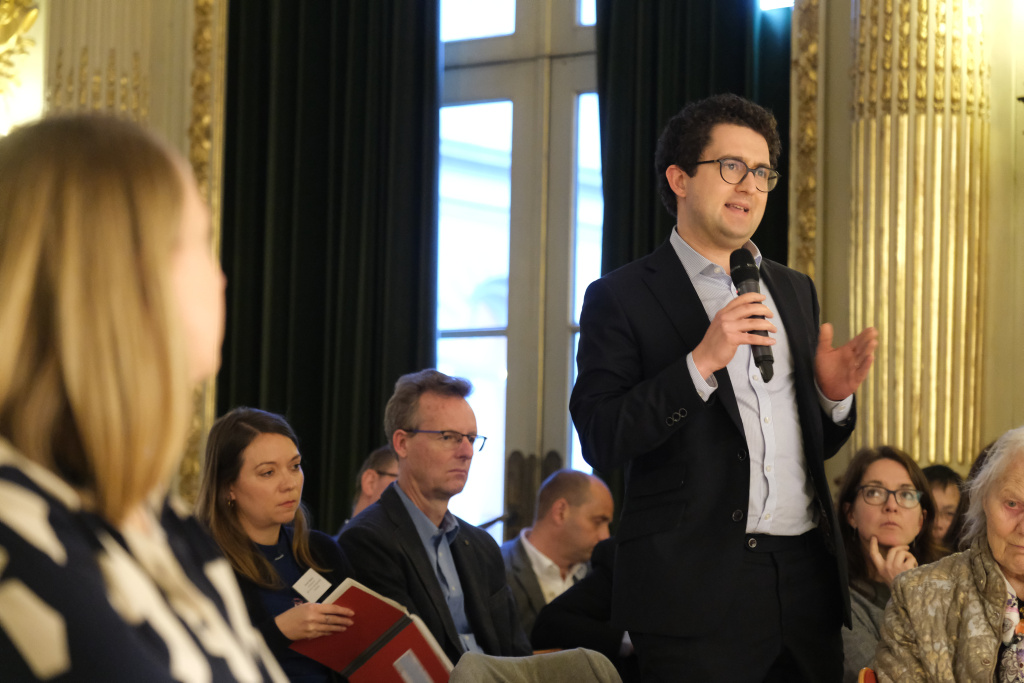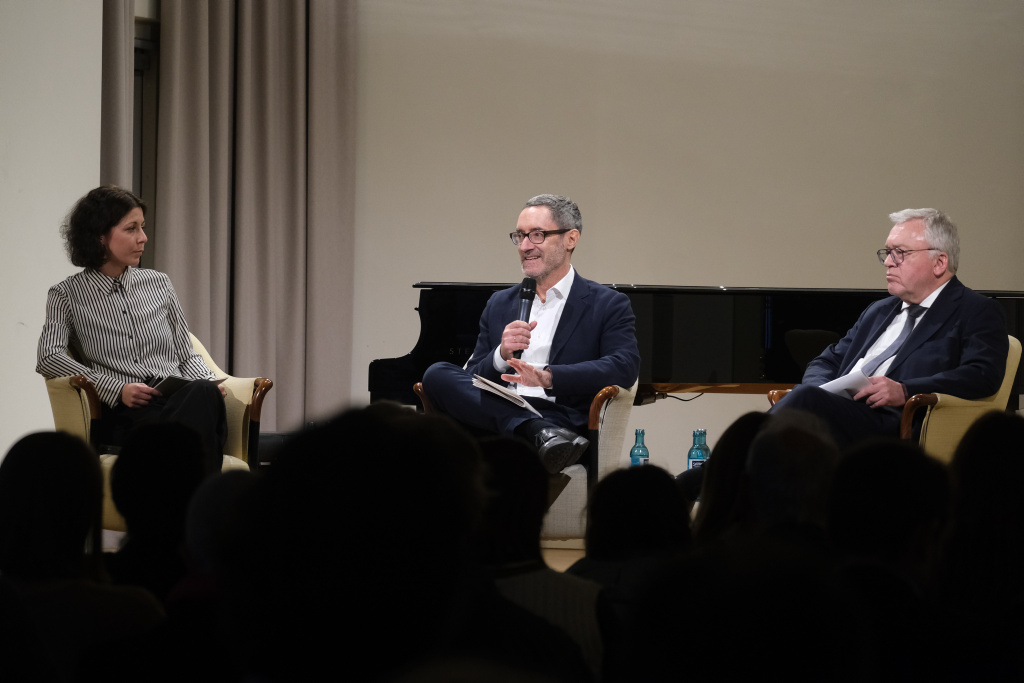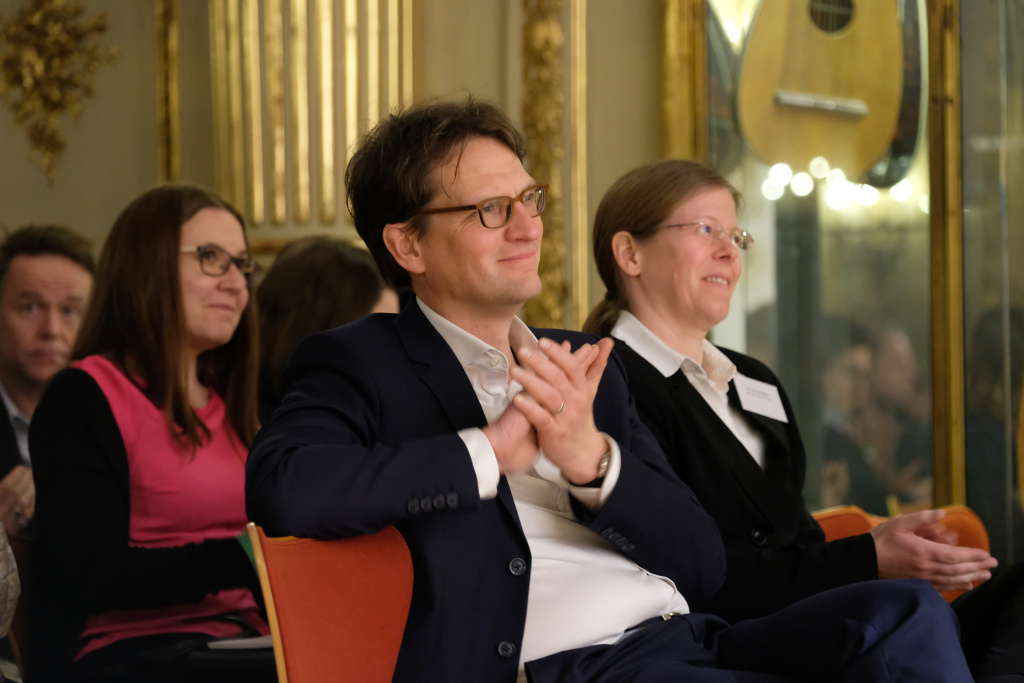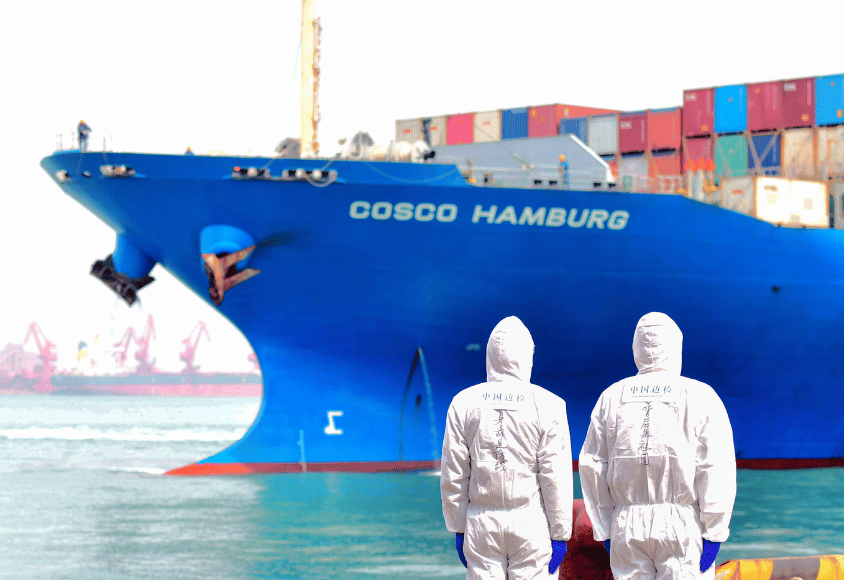After Russia’s attack on Ukraine, the discussion about “the West's” economic dependence on China and its recognition as a political threat has intensified. The city of Hamburg and its port – the third largest port in Europe – are at the centre of this debate in Germany and Europe. Accordingly, there is no better place than Hamburg to discuss the connecting role of port cities as critical infrastructures, the securitisation of economic dependences and the impact of an economically assertive China in today’s reorganisation of globalisation.
We ended the first day of our conference “From ‘workshop of the world’ to ‘systemic rival’ – International Perspectives on a Global China” with a public event on "Hamburg, China and the politics of globalisation" at the Museum für Kunst und Gewerbe in Hamburg. It was a great pleasure to follow the exciting discussion.
Noah Barkin, Managing Editor, Rhodium Group & Visiting Senior Fellow, The German Marshall Fund of the United States (GMF), Matthias Naß, Chief International Correspondent, Die Zeit, and our programme director Elisabeth Winter spoke on stage.
It was not only about the German relationship with China, but also about possible perspectives with regard to further cooperation. "It's not decoupling or not – it's in between", Barkin said. The Russian war of aggression on Ukraine also has far-reaching implications for European-Chinese relations. "Globalisation will be the first victim of this conflict," predicts Naß.
This event is part of the international two-day conference “From ‘workshop of the world’ to ‘systemic rival’ – International Perspectives on a Global China” organised by the BKHS in cooperation with Mercator Institute for China Studies (MERICS), Africa Policy Research Institute (APRI), European Council on Foreign Relations (ECFR), the German Institute for Global and Area Studies (GIGA) and the Wilson Center’s Kissinger Institute on China and the United States (KICUS).


